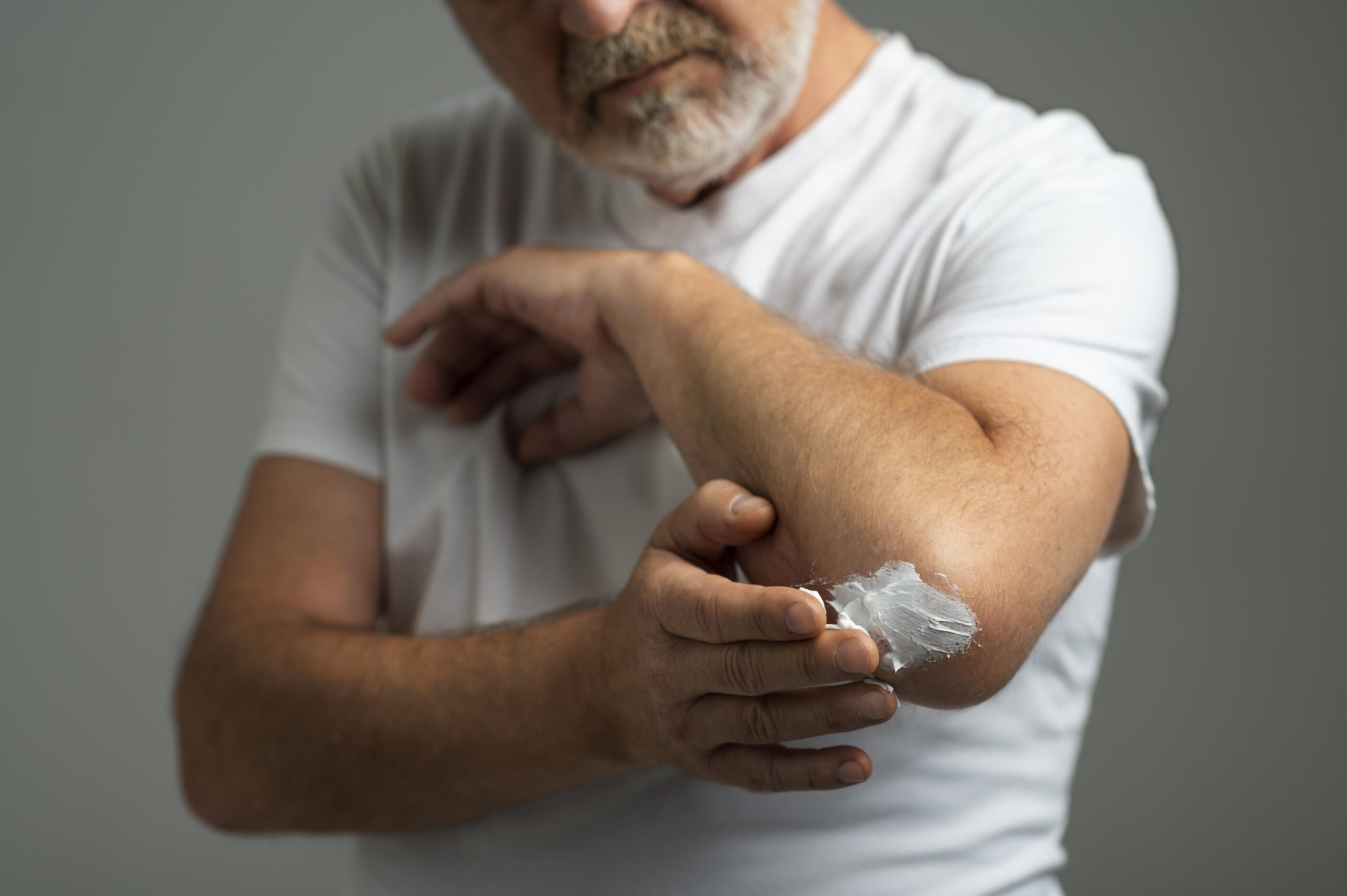Muscle cramps are a common yet often misunderstood issue among athletes and fitness enthusiasts. They can occur suddenly, causing sharp pain and discomfort, and can significantly impact performance and recovery. While muscle cramps can be attributed to several factors such as dehydration, electrolyte imbalance, and fatigue, they may also signal overtraining—a condition where excessive exercise overwhelms the body’s ability to recover.
In this article, we will explore the relationship between muscle cramps and overtraining, the causes and symptoms of overtraining, and effective strategies for recovery. Understanding these aspects can help athletes optimize performance while preventing injuries and long-term health issues.
Understanding Muscle Cramps
What Are Muscle Cramps?
A muscle cramp is an involuntary and forceful contraction of a muscle that does not relax. These cramps can last for a few seconds to several minutes and are commonly experienced in muscles such as the calves, hamstrings, quadriceps, and feet.
Common Causes of Muscle Cramps
While overtraining can contribute to cramps, other key factors include:
- Dehydration: Loss of fluids can disrupt the balance of electrolytes essential for muscle function.
- Electrolyte Imbalance: Low levels of sodium, potassium, calcium, or magnesium can lead to abnormal muscle contractions.
- Muscle Fatigue: Prolonged or intense workouts can cause excessive stress on muscles, leading to cramping.
- Poor Circulation: Reduced blood flow to muscles can increase the likelihood of cramps.
- Nerve Compression: Conditions such as spinal nerve compression may trigger leg cramps.
While muscle cramps are usually harmless, frequent cramping can indicate overtraining or underlying health issues.
Are Muscle Cramps a Sign of Overtraining?
What Is Overtraining?
Overtraining syndrome (OTS) occurs when an athlete exercises beyond the body’s ability to recover, leading to physical and mental exhaustion. Over time, this accumulative stress can weaken muscles, impair recovery, and increase the risk of injury.
How Overtraining Leads to Muscle Cramps
Overtraining places excessive strain on the nervous system and muscles, leading to an increased likelihood of cramps. Some key reasons include:
- Prolonged Fatigue: Overworked muscles remain in a contracted state longer, increasing cramping risk.
- Nutrient Depletion: Overtraining depletes glycogen stores and essential minerals, disrupting normal muscle function.
- Increased Stress Hormones: High levels of cortisol due to excessive training may interfere with electrolyte balance.
- Inadequate Recovery Time: Without sufficient rest, muscles remain tight and fatigued, increasing the likelihood of involuntary contractions.
Signs of Overtraining Beyond Muscle Cramps
If muscle cramps are frequent and accompanied by other symptoms, overtraining may be the culprit. Additional signs include:
- Persistent muscle soreness beyond normal post-workout recovery.
- Decreased strength and endurance despite consistent training.
- Increased injuries due to weakened muscles and joints.
- Fatigue, irritability, and sleep disturbances caused by hormonal imbalances.
- Elevated resting heart rate and blood pressure due to excessive stress.
- Loss of motivation and mental burnout leading to decreased workout performance.
If these symptoms persist, it’s essential to modify training intensity and focus on recovery strategies.
How to Recover from Overtraining and Muscle Cramps
Recovery is critical in addressing muscle cramps and preventing long-term damage caused by overtraining. Below are the most effective strategies:
1. Prioritize Rest and Active Recovery
Overtraining results from excessive stress without adequate recovery. Consider the following:
- Take Rest Days: Allow at least one or two rest days per week to promote muscle healing.
- Incorporate Active Recovery: Engage in low-intensity activities such as walking, swimming, or yoga to improve circulation and reduce muscle stiffness.
- Sleep More: Aim for 7-9 hours of quality sleep to support muscle repair and hormone balance.
2. Optimize Hydration and Electrolyte Balance
Dehydration and electrolyte imbalance contribute to muscle cramps. To counteract this:
- Increase Water Intake: Drink at least 2-3 liters of water daily, more if engaging in intense workouts.
- Consume Electrolytes: Ensure an adequate intake of sodium, potassium, calcium, and magnesium through foods like bananas, avocados, nuts, and dairy.
- Hydrate Before, During, and After Workouts: This helps maintain fluid levels and prevents cramps.
3. Adjust Training Intensity and Volume
A well-balanced workout routine reduces the risk of overtraining.
- Follow the 10% Rule: Increase training intensity or duration gradually to prevent excessive stress.
- Include Deload Weeks: Every 4-6 weeks, reduce training intensity to allow the body to recover.
- Listen to Your Body: If experiencing persistent fatigue and cramps, modify workouts and incorporate more rest days.
4. Improve Nutrition for Muscle Recovery
Proper nutrition plays a crucial role in preventing cramps and accelerating recovery.
- Increase Protein Intake: Helps rebuild muscle fibers and prevents excessive breakdown.
- Consume Anti-Inflammatory Foods: Foods rich in omega-3s (salmon, flaxseeds), turmeric, and green leafy vegetables can reduce muscle inflammation.
- Replenish Glycogen Stores: Post-workout, consume complex carbohydrates (quinoa, sweet potatoes, whole grains) to support recovery.
5. Stretching and Foam Rolling
Stretching and self-myofascial release (foam rolling) help relieve muscle tightness and prevent cramping.
- Stretch Before and After Workouts: Dynamic stretching before exercise and static stretching post-workout improve muscle flexibility.
- Use a Foam Roller: Rolling out muscles reduces knots and tension, improving blood circulation.
- Try Yoga or Mobility Drills: These practices improve flexibility, posture, and overall muscle health.
6. Supplementation for Muscle Health
Certain supplements can aid muscle relaxation and recovery. Consider:
- Magnesium: Helps prevent muscle cramps and supports nerve function.
- BCAAs (Branched-Chain Amino Acids): Reduces muscle fatigue and accelerates recovery.
- Electrolyte Powders: Help replenish lost minerals during intense workouts.
7. Reduce Stress and Improve Mental Recovery
Chronic stress contributes to cortisol spikes, leading to overtraining symptoms. To manage stress:
- Practice Meditation or Deep Breathing to lower cortisol levels.
- Take Breaks from Intense Workouts to allow full recovery.
- Engage in Enjoyable Activities outside of training to promote relaxation.
When to Seek Medical Help
If muscle cramps are persistent, severe, or accompanied by other health concerns, consult a healthcare provider. Conditions such as:
- Nerve disorders
- Blood circulation issues
- Nutritional deficiencies
- Electrolyte imbalances
…can all contribute to muscle cramps and should be addressed with medical guidance.
Conclusion
Muscle cramps can be a sign of overtraining, particularly when they occur frequently alongside other symptoms like persistent fatigue, soreness, and reduced performance. Understanding the root causes of cramps—whether nutritional deficiencies, dehydration, or excessive training— is key to preventing them and maintaining optimal muscle function.
By incorporating rest, hydration, proper nutrition, stretching, and stress management, athletes can effectively recover from overtraining, reduce cramping, and improve overall performance.
If symptoms persist despite making these changes, consider consulting a sports physician or physical therapist for personalized guidance.



